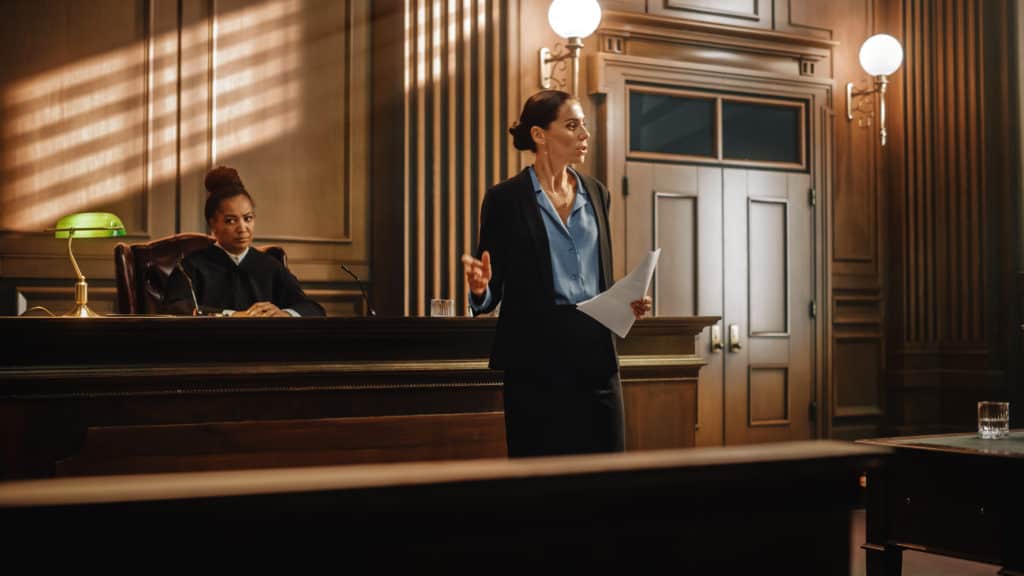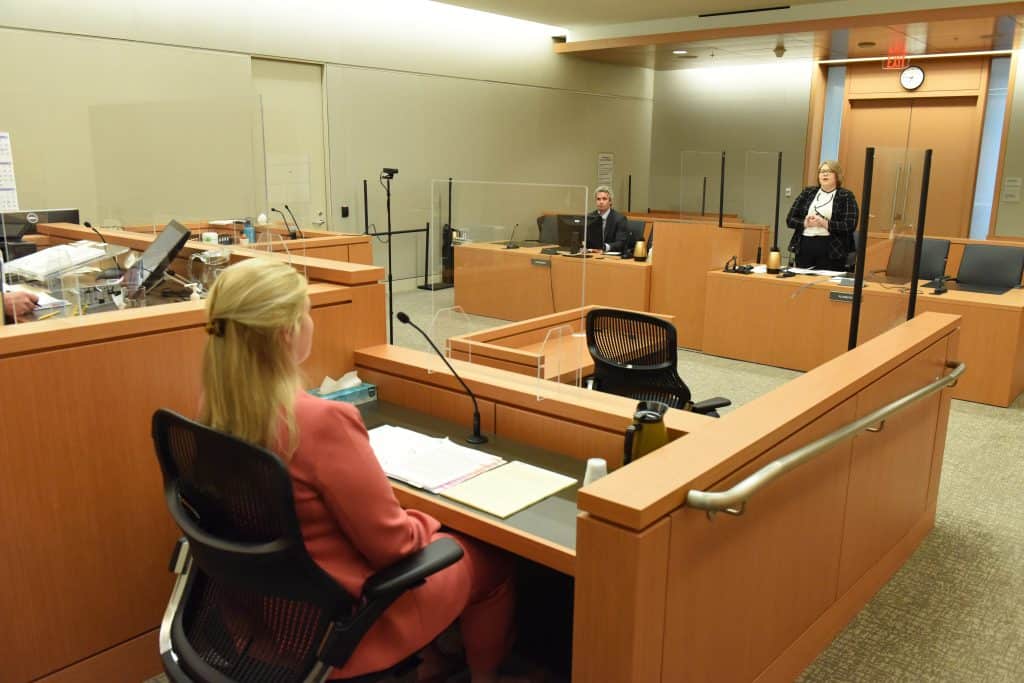Closing Argument is the trial’s denouement. To be successful, it must be satisfying and persuasive to the jury. However, often, too often, it becomes a liability due to poor planning or execution. Your Closing Argument needs to be engaging, goal-oriented, honest, and delivered with passion and verve.
The following is a checklist to help you prepare and deliver a successful Closing Argument. In your first few trials, be sure to review this list until the items become familiar and habitual.
By Hon. Lilys D. McCoy
“Theme” and “theory” are different but often confused concepts in legal cases. Learn the difference between these two, and why it takes both to win your case.
By Hon. Lilys D. McCoy
Learn the four easy questions that form the basis for every type of foundational inquiry, and will help you get unstuck if you are having trouble laying foundation for a piece of evidence.
By Hon. Lilys D. McCoy
We often make character evidence more confusing than it needs to be. Learn five shortcomings to avoid if you want to achieve clarity in your character evidence during your trial.
By Hon. Lilys D. McCoy
Learn how to craft a persuasive cross examination that also protects you from falling into the “one question too many” trap.
- « Previous
- 1
- 2
- 3






